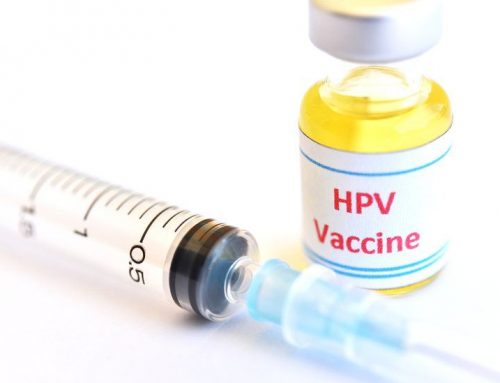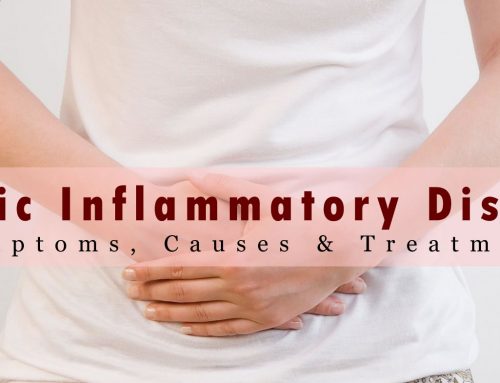
Polycystic ovarian syndrome (PCOS) is a condition in which a woman’s levels of the sex hormones estrogen and progesterone are out of balance. This leads to the growth of ovarian cysts. PCOS can affect a women’s menstrual cycle, fertility, cardiac function, and appearance.
While the exact cause of PCOS is unknown, doctors believe that hormonal imbalances and genetics play a role.
PCOS is one of the syndromes where the benefits of weight management, diet and exercise are clearly evident. These three interventions are used to great effect in minimizing the symptoms that one may experience. Many ladies with PCOS are insulin resistant. Insulin is the hormone that regulates your blood sugar by transporting glucose from the blood into the cells so that it can be used as energy. If you are insulin resistant then your cells do not effectively recognize the insulin and the sugar is not transported from the blood into the cells as a result your body secretes more insulin to combat the still high blood sugar levels. Having high insulin levels is detrimental to the body and has a negative effect in many ways, namely:
- It causes weight gain
- Increase in hunger levels
- Increase in cholesterol levels
- Increased the production of androgens or male hormones (such as testosterone)
- Increased risk of Diabetes
- Increase risk of Hypertension
A healthy lifestyle is vital for ladies who are diagnosed with PCOS as it will help mitigate these symptoms and help to regulate the menstrual cycle.
Foods high in fiber: These are foods such as your whole-wheat or brown carbohydrates, fruit, vegetables and legumes. Carbohydrates that have a high glycaemic index (GI) or are low in fiber (refined carbohydrates) cause your blood sugar levels to rise quickly whereas foods with a low GI or are high in fiber will allow for a much slower release of glucose into the blood. It is also important that you do not eat large portions of carbohydrates at one meal but rather eat smaller meals regularly that contain carbohydrates (5-6 small meals a day).
Fruits and vegetables: These are a great source of fiber and supply us with many vitamins and minerals. It is important that we eat a variety of these as they all contain different nutrients: We like to say that it is best to make your plate colourful with all the different kinds of fruits and vegetables. Fruit does contain sugar though so we must limit ourselves to two fruits a day and always have a piece of fruit with a protein such as nuts or yogurt to help lower the blood sugar spike.
Beans and legumes: are also a great form of fiber, vitamins and minerals. They are easy to add to soups, curries and mince if you do not like the taste of them on their own. They are also a great form of protein and can be added to a carbohydrate to help lower the blood glucose spike. It is obviously better to cook these yourself than using the canned products. If you are increasing your intake of fiber, it is important to make sure that you also increase your water intake to avoid constipation.
Fats: Not all fats are bad and healthy fats are vital for any diet but these also must be eaten in moderation. Avoid deep frying or cooking pot dishes with lots of oil. The healthy fats are your fats that are found in fish, olive oil, avocado, nuts and seeds and do need to be included in your diet. Your unhealthy fats are saturated and trans-saturated fatty acids. These fats are found in animal fat and dairy products (rather go for low fat or fat free options), your hard fat options (such as butter and brick margarine) and your processed foods. The unhealthy fats can cause you to increase weight and also further increase your risk of diabetes and heart disease.
Exercise: should always be a part of a healthy lifestyle as it helps with weight loss, reducing insulin levels and regulating blood sugar levels. We should aim to exercise at least 4 days a week for at 30-40minutes. This need not be in the gym or running but you should be sweating and your heart rate needs to increase and so a stroll through your neighbourhood does not count, but a brisk walk does.
If you have PCOS and would like more information and some support through your dietary transition, please give me a call.
Article written by:
Chloe Dyer B.MedSc. (Hons.) Dietetics (UCT)
Registered Dietitian | 084000689718
083 783 5002
www.chlodyer91.wixsite.com/chloedyerdietetics
www.dieticians-sa.co.za/
Yours in health
Dr Leneque Lindeque (MBChB, FCOG(SA), Mmed (O&G)
Obstetrician and Gynaecologist
Netcare Alberlito Hospital
Ballito
Tel: (032) 586 0723







